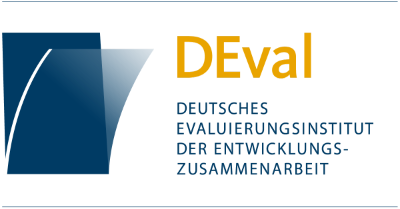The right to sexual and reproductive well-being forms a tenet of human rights, yet challenges to achieving equitable sexual and reproductive health and rights (SRHR) persist, particularly in low- and middle-income countries (L&MICs). Some of these challenges are starkly reflected in high rates of gender-based violence (GBV), preventable maternal deaths during labor and childbirth, unsafe abortions, and child marriage. SRHR programs and policies can be powerful catalysts to empower individuals, address harmful gender norms, and improve service availability and quality. However, the evidence base on the effects of such SRHR interventions in L&MICs remains fragmented by topic or population. A comprehensive mapping of the available evidence is a critical step towards consolidating knowledge of programs that aim to strengthen SRHR in L&MICs. This evidence gap map includes over 1,000 studies on SRHR programs across the world and includes studies for people in challenging situations such as conflict or experiencing vulnerability in exercising rights or availing services.
Bibliographische Angaben

